Pay with Klarna
Free Carbon Neutral Shipping On Orders $75+, Plus Free Samples!
Pay with Klarna
Free Carbon Neutral Shipping On Orders $75+, Plus Free Samples!
The foundation of any good haircut or style starts with the health of your hair. From thickness to strength, the condition of your strands not only determines how your hair looks, but more importantly, how you feel. If your locks are falling flat and looking less than their best, you’re likely dealing with unhealthy hair. If you’re wondering how to tell if your hair is healthy, you’ve come to the right place. Because we’re breaking down the signs of healthy hair, plus giving you tips for growing your healthiest hair ever—and it’s all ahead!
Much like your skin or nails, your hair is a reflection of your overall health and well-being. Healthy hair means that your body is producing enough nutrients to ensure it’s operating at its peak condition. To truly assess whether your hair is healthy, it's crucial to understand its composition and the factors that contribute to its condition. Hair is composed of a protein called keratin, which forms the hair shaft. The hair shaft is made up of multiple layers, with the outermost layer called the cuticle. A normal cuticle is smooth in appearance and allows for the reflection of light. Meanwhile, the inner cortex layer is made up of closely packed cells filled with keratin. Permanent changes occur in the cortex when hair is exposed to heat and chemicals (like bleaching or relaxing). These permanent changes often result in dryness, frizz, damage and breakage. All of which lead to unhealthy hair.
So what does healthy hair look like? True hair health goes beyond just shine. Things like texture, elasticity, and shedding patterns are all indicators that reveal the genuine state of your hair. Let’s take a look at the most common signs of healthy hair.
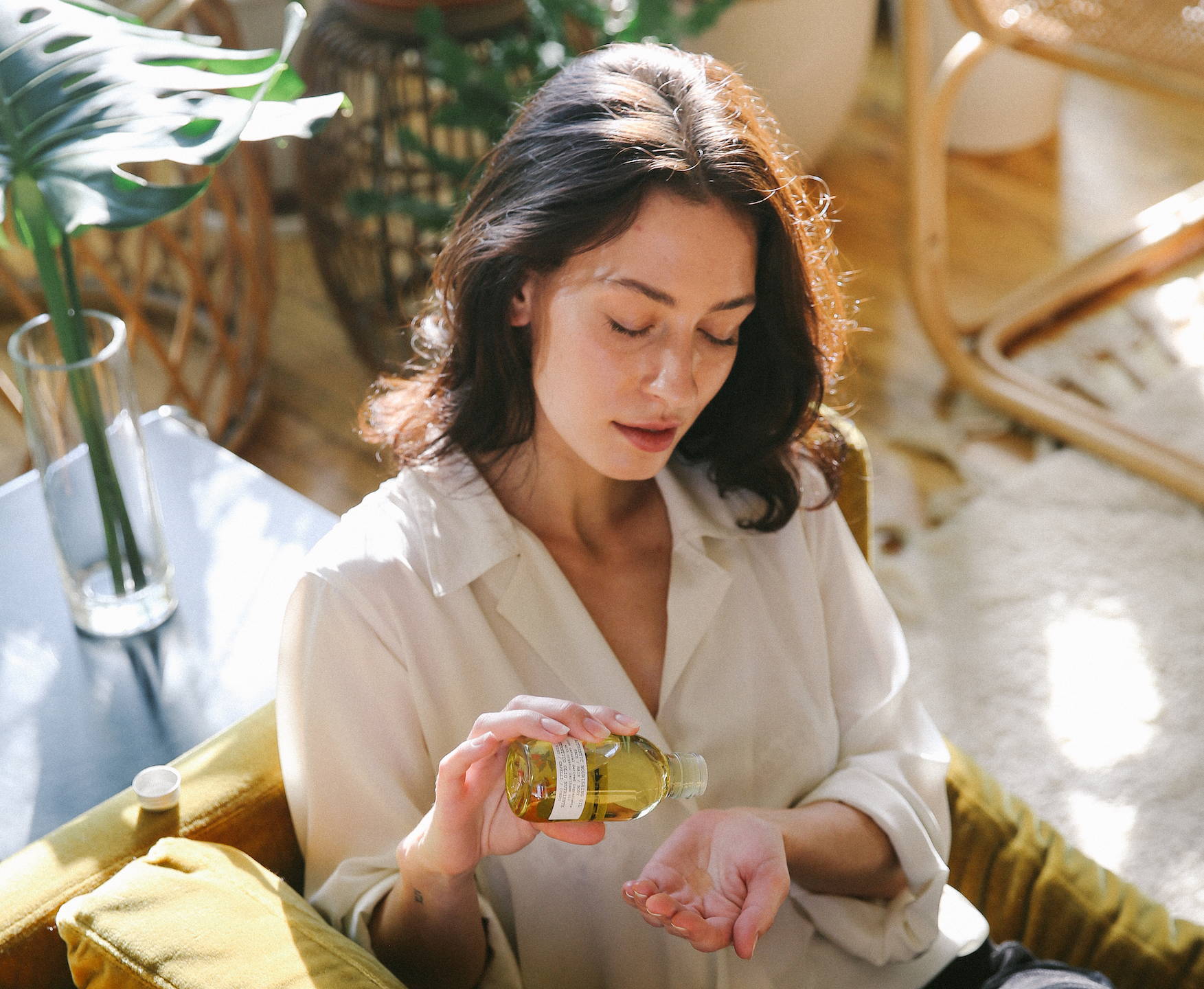
Healthy hair possesses a natural sheen that comes from the smooth alignment of its cuticle layers. The cuticle's flat structure reflects light, creating that sought-after shine. When you run your fingers through healthy hair, it should feel smooth and consistent from root to tip, devoid of roughness or raised scales.
Spoiler alert: healthy hair starts with a healthy scalp. Your scalp's health is the foundation for healthy hair growth. A nourished and well-maintained scalp provides a conducive environment for hair follicles to flourish. Pay attention to any signs of irritation, flakiness, or excessive oiliness, as these could point to underlying scalp issues that affect your hair's health.
Running your fingers gently along the length of your hair strand, starting from the roots to the ends, can also help determine whether or not you’re suffering from split ends. If you feel roughness or a noticeable change in texture as you move toward the tips, it's likely that split ends are present.
Healthy hair boasts impressive elasticity, meaning it can stretch without breaking and then return to its original length. To test your hair's elasticity, gently tug on a strand while it's wet. If it springs back without snapping, it's a positive sign.
Hair shedding is a natural process, and it's normal to lose around 50 to 100 hairs daily. However, excessive shedding might indicate a problem. If you notice clumps of hair falling out, it's worth investigating the cause.
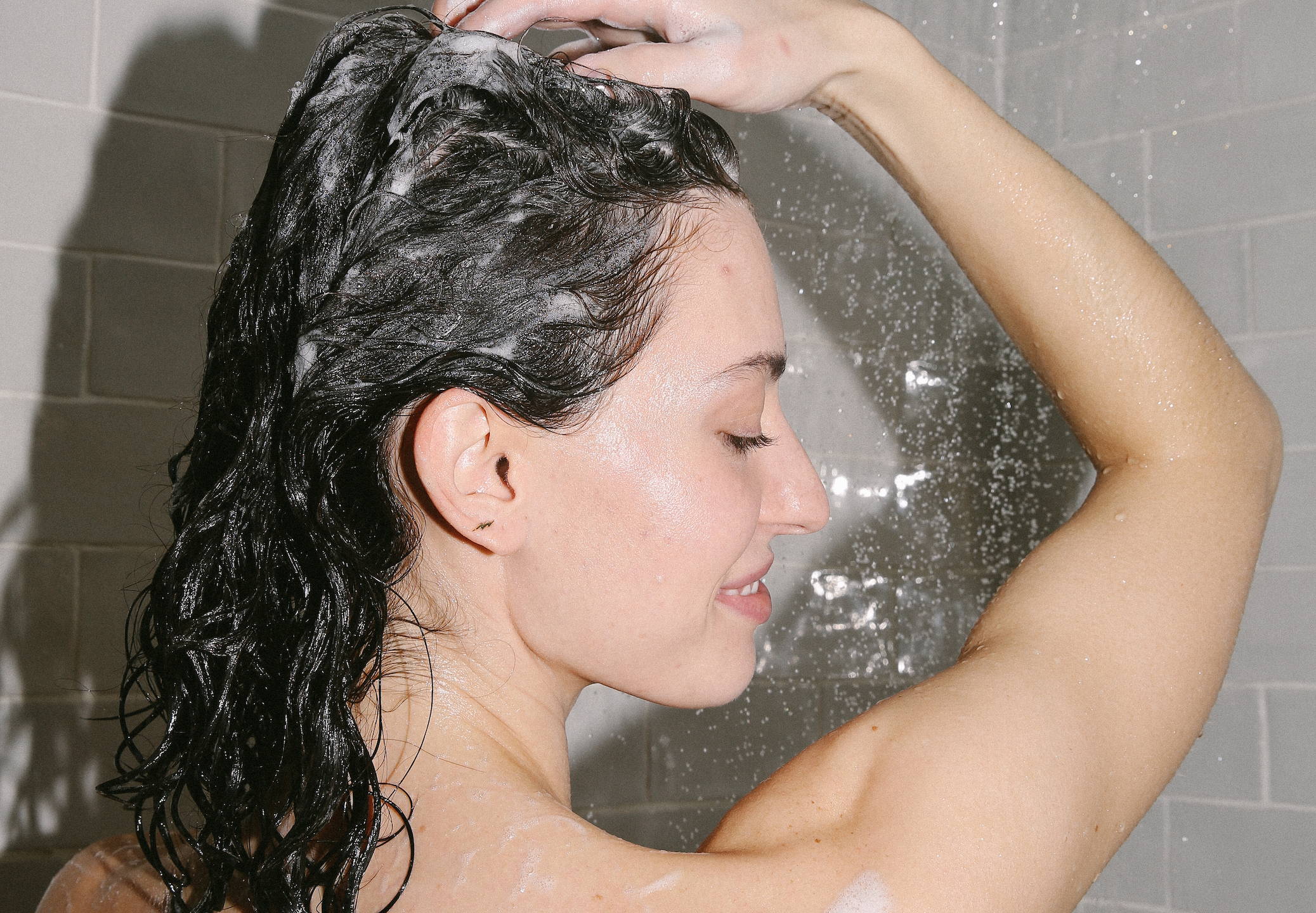
The road to healthy hair and scalp isn't just about the products you use. Your genetics, physical health, lifestyle and environment all contribute to the state of your strands. Healthy hair takes a holistic approach encompassing various lifestyle choices and environmental considerations. And understanding these factors can help you to make informed decisions that contribute to the long-term well-being of your locks. These are some of the most common factors that influence hair health.
Just as your body thrives on a balanced diet, so does your hair. Essential nutrients like vitamins (particularly A, C, and E), minerals (such as iron and zinc), and proteins are the building blocks of healthy hair.
Hydration isn't just about drinking enough water; it's about ensuring your hair receives the moisture it needs. Dehydration can lead to dry and brittle hair, so maintaining adequate hydration levels supports your hair's natural luster and flexibility.
The products you use and the way you treat your hair play a significant role in its health. Using gentle shampoos and conditioners that match your hair type and concerns is essential. Things like overusing heat styling tools, frequent coloring, and aggressive brushing can cause damage over time.
Your hair is exposed to various environmental elements that can impact its health. UV radiation from the sun, pollution particles, and extreme weather conditions can cause damage, fading, and dryness.
Stress can have a profound effect on your hair's health. Chronic stress may contribute to hair shedding and changes in your hair texture. Engaging in stress-reducing activities, such as exercise, meditation, and hobbies, can promote healthier hair growth.
Maintaining vibrant and healthy hair involves a combination of self-care practices and when necessary, seeking guidance from professionals. We tapped our experts for the best healthy hair habits. Take a look at these top stylist tips for healthy hair.
Be gentle when cleansing your strands. Use a mild shampoo specifically for your hair type and concerns. Avoid aggressive scrubbing, as it can damage the cuticle.
Hydration is important so every time you shampoo your hair, you must follow with a conditioner. Apply it mainly to the ends of your hair to maintain moisture without weighing down the roots. Finish with protein treatment and incorporate a hot oil treatment weekly.
Limit the amount of time your hair is exposed to heat. Minimize the use of heat styling with tools like blow dryers and flat irons. If you absolutely must use them, apply a heat protectant first to minimize damage.
It may seem counterintuitive when trying to grow your hair, but regular trims are a must for healthy hair.Trim your hair every 6 to 8 weeks to prevent split ends from traveling up the hair shaft.
Embrace protective hairstyles that minimize stress on your hair, like braids, buns, and ponytails. These styles keep your strands tucked away and safe from damage.
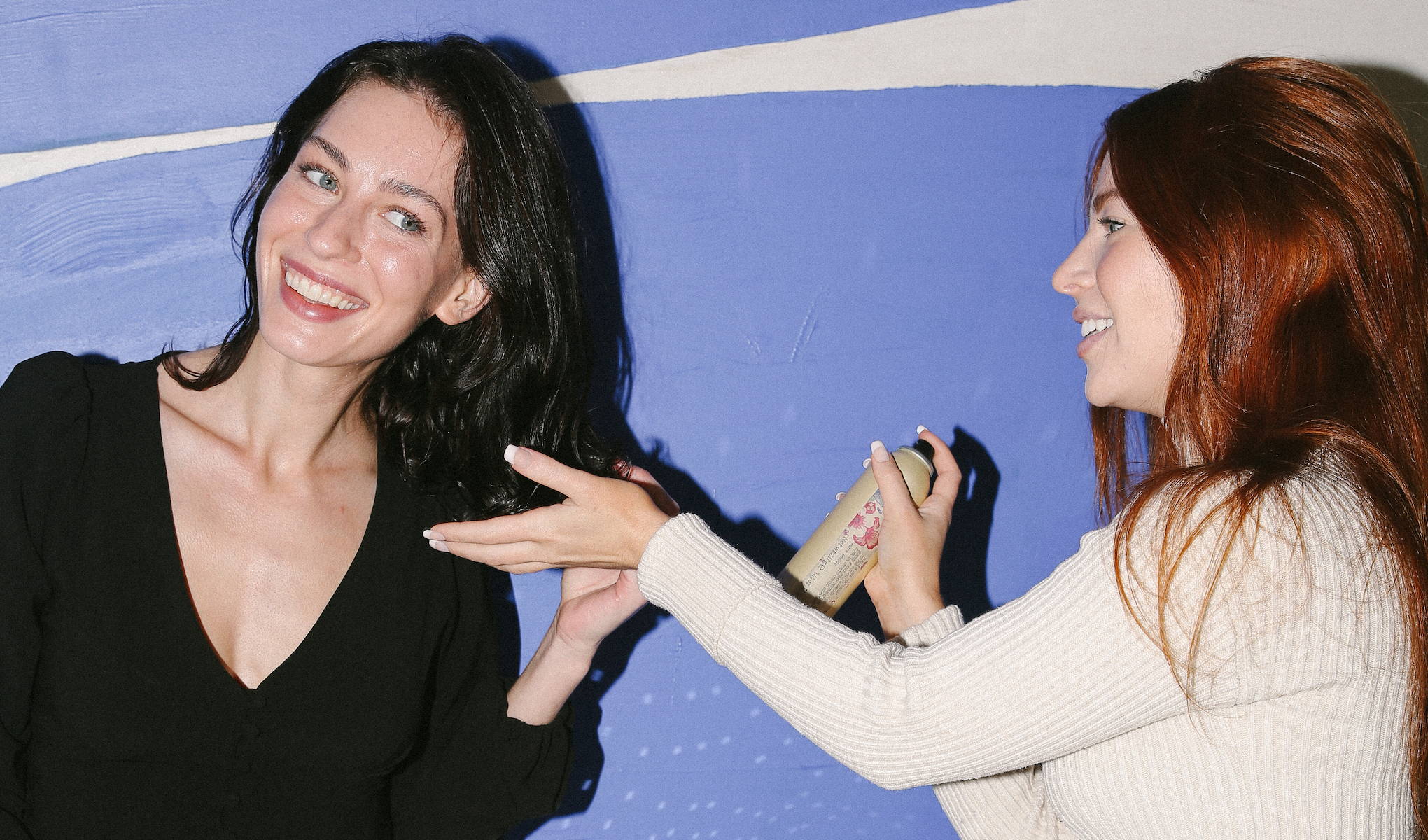
When it comes to hair health, there are times when expert guidance may be needed. While self-care practices are the foundation of healthy hair, seeking professional advice can provide deeper insights, personalized solutions, and a clearer path to addressing specific concerns. You should consult a professional if you’re experiencing any of the following issues.
If you notice sudden and unexplained changes in your hair's texture, density, or shedding, consult a dermatologist or trichologist.
If you struggle with chronic scalp conditions like dandruff or itchiness, a professional can provide personalized solutions.
If you're experiencing excessive hair loss or thinning, professional guidance can help identify the underlying cause and recommend appropriate treatments.
Hormonal shifts, pregnancy, major dietary changes, and medical conditions can impact hair health. Consult a professional to address resulting concerns.
Professionals can perform diagnostic tests to analyze hair and scalp health, providing insights into potential issues.
The foundation of any good hairstyle starts with the health of your hair. From thickness to strength, the condition of your strands determines both how your hair looks, and more importantly, how you feel. If your strands are falling flat and your good hair days are few and far between you’re likely dealing with unhealthy hair. If you're wondering how to know if your hair is healthy take a look at some of our indicators above. Or if you’d like the advice of an expert to determine the health of your hair, book an appointment with one of our stylists for a consultation. Arm yourself with our healthy hair tips and use only the highest quality hair products like the ones from Davines. All our formulas are made with renewable energy and packaging that minimizes the environmental impact. Our hair care isn’t just good for your hair, it’s good for the planet.
by Jaclyn LaBadia, featured contributor
Subscribe
Sign up to hear about product recommendations, styling how-to's, tips & tricks, and more!
Plus, Free Shipping on your first order!
Join our newsletter to enjoy free shipping on your first order.
By submitting this form, you agree to receive the latest news, updates, promotions, and other marketing information from Davines North America, Inc. by email.
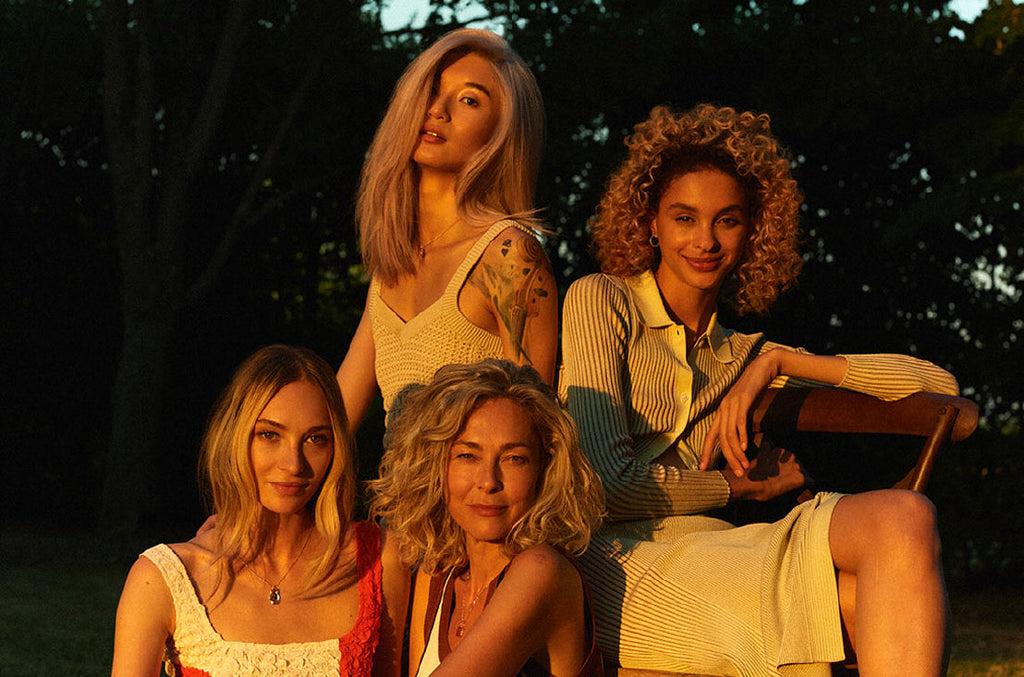
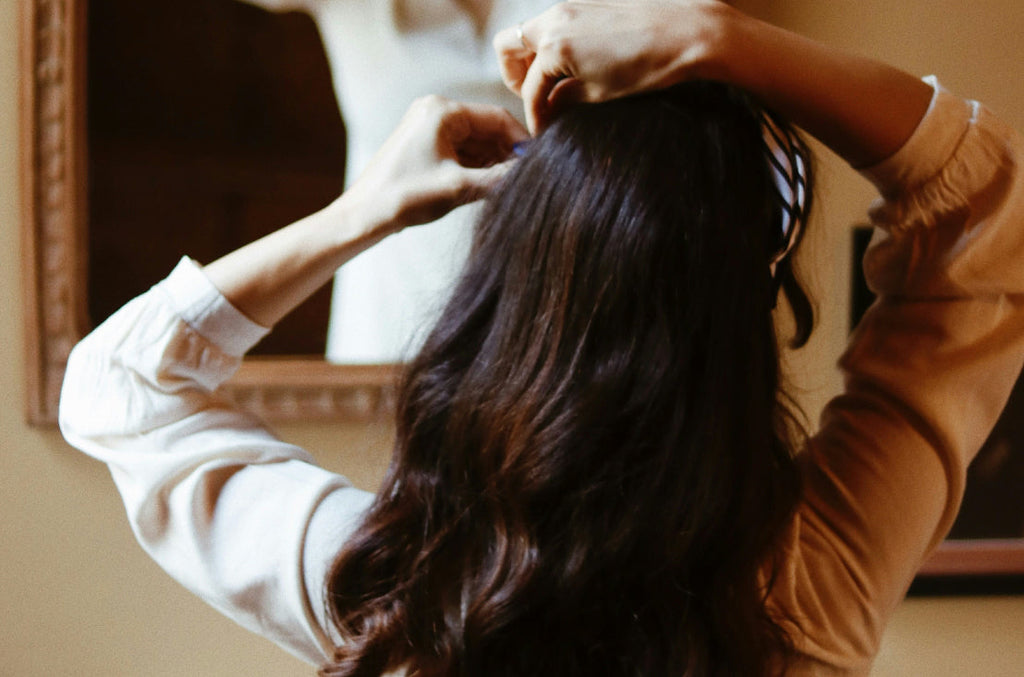
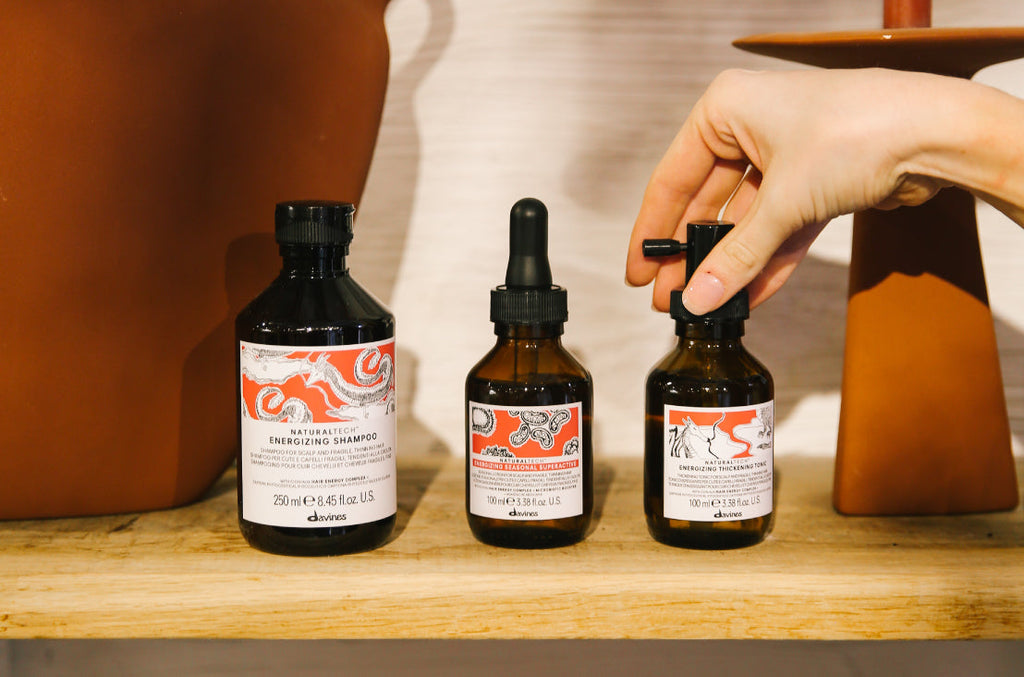
Leave a comment
Comments will be approved before showing up.